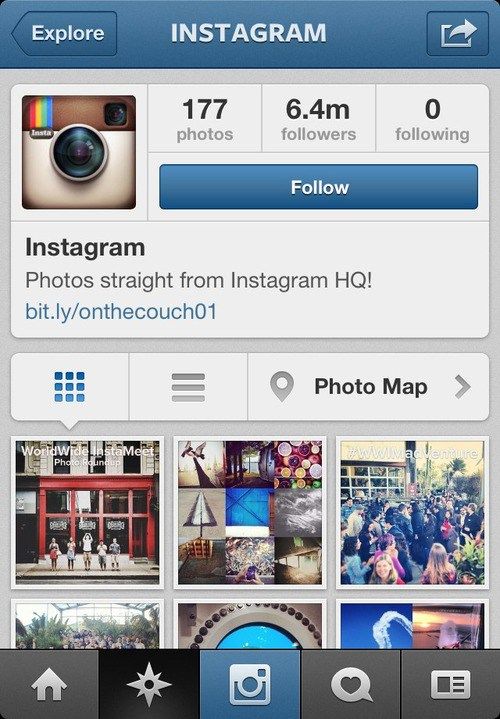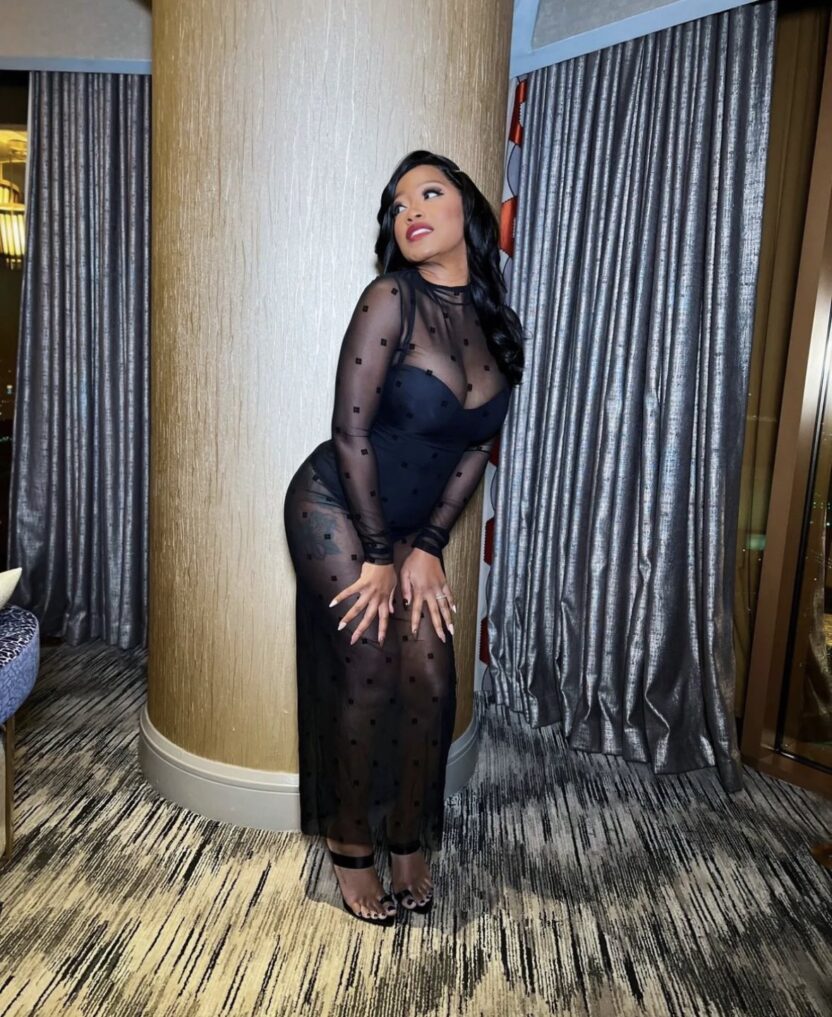The internet and social media are good at getting us all to connect. No matter your geographical location, as long as you have decent wifi and a smartphone, you can find out what Kim Kardashian is up to or see the latest clips from Beyonce’s Renaissance World Tour. Through comment sections we can discourse and argue with strangers we will never meet, and find comfort and friendship in online communities. While social media has brought us together as a human race, there is a thin line between sharing and oversharing, and lately oversharing seems like the constant across the net.
Each social media platform that has been introduced over the years has been created to bring people closer. Take the biggest social media platform for example, Mark Zuckerberg created Facebook within his first few weeks in college. The aim was to help college students connect, and soon enough it allowed everyone to share and connect their lives to friends and family in a way that hadn’t been possible before.
Jack Dorsey, the creator of Twitter, wanted to create a platform that would work like a super cool group chat, but with strangers across the world. Each of the social media platforms that exist today was created to make people and information easily and quickly accessible. However, small internet subcultures have turned social media into a cautionary tale, internet trolls, paedophiles, cyberbullying, fake news and bots are the weeds of the Internet, no matter how hard the administrators try to block, report and fix, they keep growing.

Recently the social media “bug” that seems to have people in constant discourse is oversharing. How much is too much to put out in the world, never to be retracted or deleted? Celebrities, who already have a prominent presence in the public eye, often find themselves crossing the line into oversharing on social media. A few dug-up Tweets can have significant repercussions and demonstrate the dangers of not maintaining a boundary between public and private life and opinion.
One such event was when the former manager of Angus Cloud (Euphoria) took to Twitter to air the actor’s dirty laundry. In a lengthy Twitter rant, the manager accused Cloud of being heavily addicted to prescription drugs, after receiving no payment for his work. The internet quickly turned against the manager pointing out that addiction is a medical condition that should be handled with care and privacy. While a 17 notes app Twitter thread was not the solution for either party, the main message was something everyone could agree on: This was something the whole world did not need to know.
Who can forget the cringe Tweets Keke Palmer’s former boyfriend wrote to shame her for wearing a revealing outfit to an Usher concert? The unlikely phrase “You a Mom” has caused one man’s downfall, and Black Twitter, like the force it is, rose and defended Palmer’s honour and chased Darius Jackson out of the town. While the semantics of who was right and wrong in the situation doesn’t matter, it raises questions about whether such matters should be dealt with privately rather than aired out for everyone to see.

The prevalence of oversharing on social media extends beyond celebrities. People, driven by a constant need for validation and attention, often feel compelled to share every aspect of their lives. We were no longer just interested in avo toast pictures, and #livelaughlove. Our hunger and insistent addiction to information have fostered a toxic environment, where people would rather name, shame, and drag others on the internet over resolving the matter privately.
Don’t get me wrong, as a firm believer of cancel culture, there is a space where the internet is useful in helping to convict bad people, for example, social media was crucial in gaining traction for movements such as Black Lives Matter and #MeToo. However when it comes to the everyday, mundane issues, perhaps putting the phone down, and communicating offline with the parties involved is a better solution. Commenting “Small World” on your mutual’s couple post isn’t the healthiest solution.
While the initial intention behind social media platforms was to connect people, the lines between public and private information have become blurred. Instances of celebrity oversharing should serve as cautionary tales, highlighting the negative consequences that can arise when personal matters are made public. As social media users, we need to strike a balance between sharing and oversharing, which starts by valuing the importance of privacy and offline communication. So maybe before you post something, think “Does the whole world need to know this?”
Images courtesy of Internet archives



















































